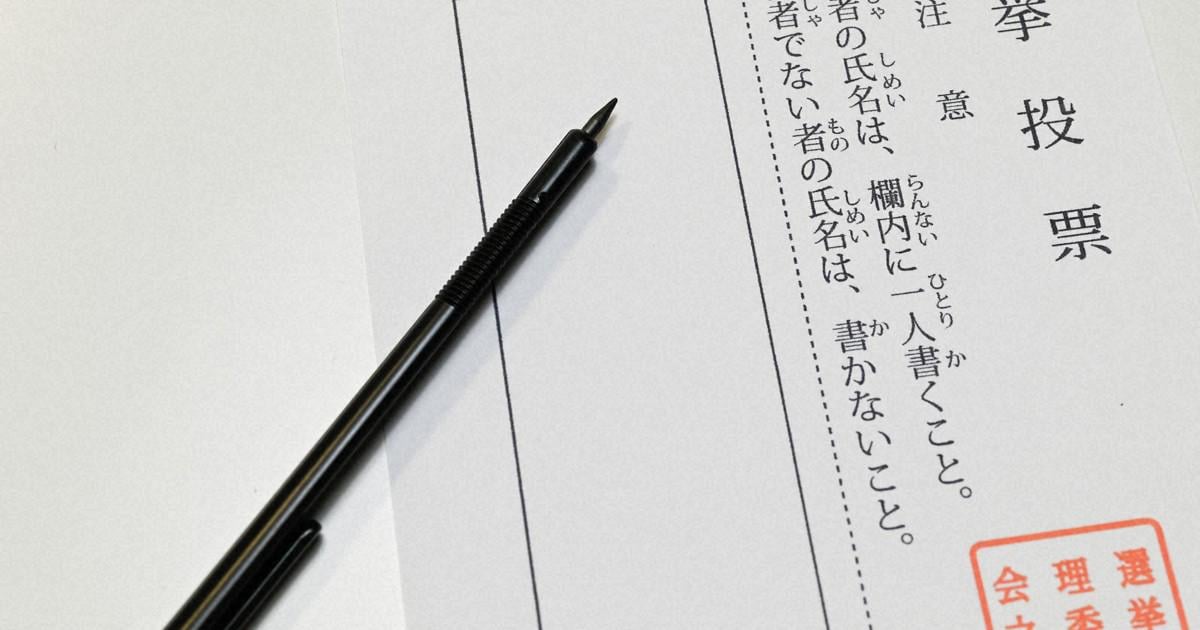
In the current Upper House election in Japan, "fact-checking" of false or misleading information is getting a lot of attention. Out of 71 fact-check articles published by newspapers and TV stations between July 3 and 16, 27 (about 40%) focused on topics related to foreigners. Most of the false claims came from social media (30 articles) and the Sanseito party (19 articles).
The non-profit FactCheck Initiative Japan (FIJ) gathered these articles on its website. Some examples include:
- NHK corrected the claim that "illegal immigrants are increasing," showing data from Japan’s Justice Ministry that the number has actually dropped to a quarter of what it was 20 years ago and has stayed stable in recent years.
- Mainichi Shimbun fact-checked Sanseito leader Sohei Kamiya’s claim that “multinational companies caused the COVID-19 pandemic” and found it had no evidence, based on WHO reports.
Other false claims included issues about:
- Welfare and health insurance for foreigners
- Special treatment for international students
Fake news about voting fraud was also common, with 10 articles fact-checking claims like “votes written in pencil can be changed.”
There were 9 articles about Japan’s national debt and economic condition, including Prime Minister Shigeru Ishiba’s claim that “Japan’s finances are worse than Greece.” Two articles fact-checked comments about how allowing couples to have different surnames would affect public safety.
Aside from Sanseito, other parties mentioned were:
- Liberal Democratic Party (7 articles, including Ishiba’s)
- Japan Innovation Party and NHK Party (2 each)
- Constitutional Democratic Party (1)
FIJ noted that in last year’s Hyogo governor race, only 2 fact-checks were published. FIJ’s chairperson, Shiro Segawa, said elections are exactly when fact-checking is most needed and praised mainstream media for finally taking it seriously.
by MagazineKey4532
